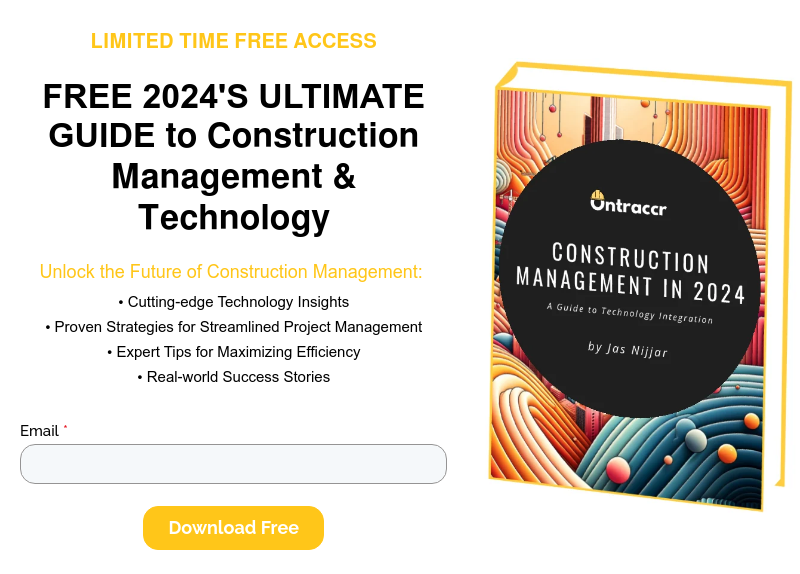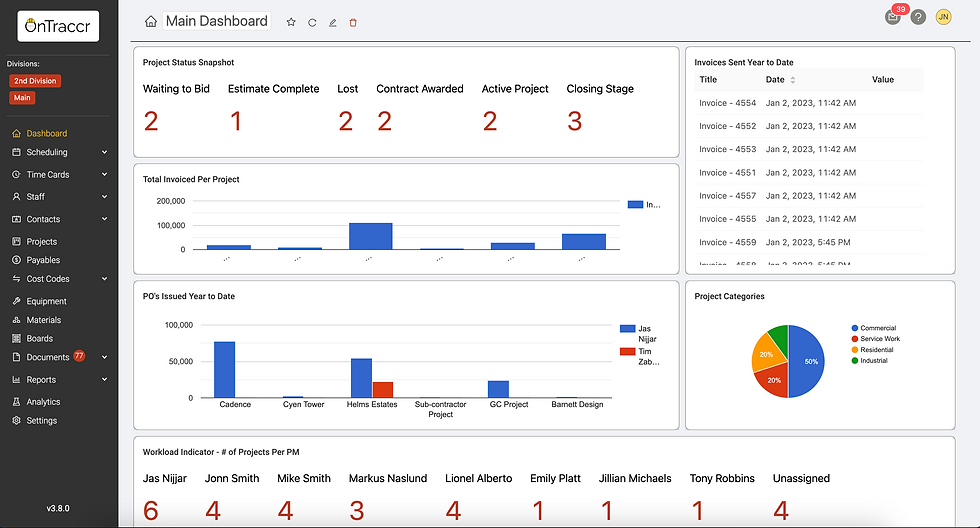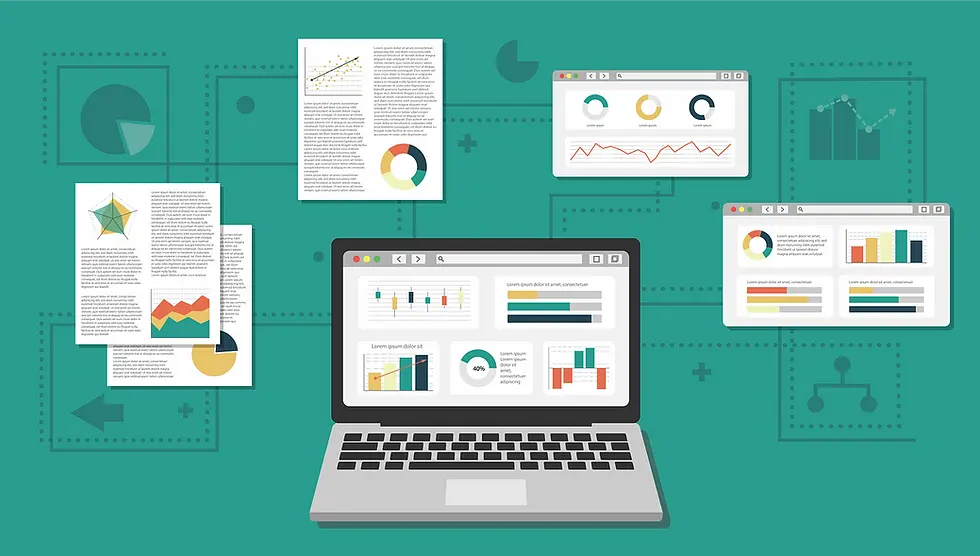Managing construction costs is a critical aspect of any construction project. Cost overruns and budgeting challenges can lead to financial strain, project delays, and compromised quality. Therefore, effective budgeting and cost control are essential to ensure project success.
In this comprehensive blog post, we will explore valuable tips and strategies for managing construction costs, from accurate budget estimation to proactive cost control measures.

Accurate Budget Estimation
The foundation of effective cost management lies in accurate budget estimation. Before commencing a construction project, it is crucial to conduct a detailed analysis of all project components, including materials, labor, equipment, permits, subcontractors, and contingencies.
By leveraging historical data, industry benchmarks, and expert insights, construction professionals can develop realistic budgets that align with project requirements.
Conduct Regular Cost Reviews
Cost reviews should be conducted regularly throughout the project lifecycle. This involves comparing actual costs against the budgeted amounts, identifying any variances, and taking corrective actions as necessary.

By monitoring costs closely, construction professionals can detect potential cost overruns early on, allowing them to implement timely adjustments and mitigate financial risks.
Implement Effective Cost Control Measures
To maintain control over construction costs, it is crucial to implement effective cost control measures. This includes:
a. Robust Project Planning
Thorough project planning helps identify potential cost-saving opportunities, streamline processes, and optimize resource allocation. By breaking down the project into phases and tasks, construction professionals can identify critical cost drivers and devise strategies to manage them effectively.
b. Value Engineering
Value engineering involves evaluating project components and processes to identify cost-saving alternatives without compromising quality. This approach encourages creative problem-solving and finding innovative ways to achieve project objectives while minimizing costs.
c. Supplier and Subcontractor Management
Building strong relationships with reliable suppliers and subcontractors can lead to cost savings. Negotiating favorable pricing, exploring bulk purchase options, and maintaining clear communication channels can help ensure competitive pricing and timely delivery of materials and services.

d. Risk Management
Conducting thorough risk assessments and implementing risk mitigation strategies is essential to avoid unexpected costs. By identifying potential risks early on, construction professionals can allocate appropriate contingencies in the budget and proactively address potential disruptions.
Embrace Technology
Leveraging technology can significantly enhance cost management in construction. Construction management software and tools offer features such as real-time budget tracking, expense management, and automated reporting, enabling construction professionals to monitor costs more efficiently and make data-driven decisions.

Additionally, Building Information Modeling (BIM) technology helps identify clashes and conflicts during the design phase, reducing costly rework and change orders during construction.
Effective Communication and Collaboration
Clear and transparent communication among project stakeholders is crucial for effective cost management.
Regular progress meetings, sharing budget updates, and addressing concerns promptly can prevent misunderstandings and potential cost escalations. Collaboration platforms and project management software facilitate seamless communication and ensure that all parties are aligned with project objectives and budgetary constraints.
Learn from Past Projects

Analyzing data and lessons learned from past projects can provide valuable insights for cost management. Identifying recurring cost issues, analyzing their causes, and implementing preventive measures can help construction professionals avoid similar pitfalls in future projects.
Continuous improvement based on past experiences is key to enhancing cost control strategies.
Final Thoughts
Managing construction costs requires a proactive and diligent approach.
By implementing accurate budget estimation, conducting regular cost reviews, and embracing effective cost control measures, construction professionals can ensure project profitability, minimize financial risks, and deliver successful projects. Embracing technology, fostering collaboration, and learning from past experiences further enhance cost management efforts.
With careful planning, monitoring, and adaptation, construction professionals can navigate the complexities of construction costs and achieve optimal project outcomes while maintaining financial stability.






